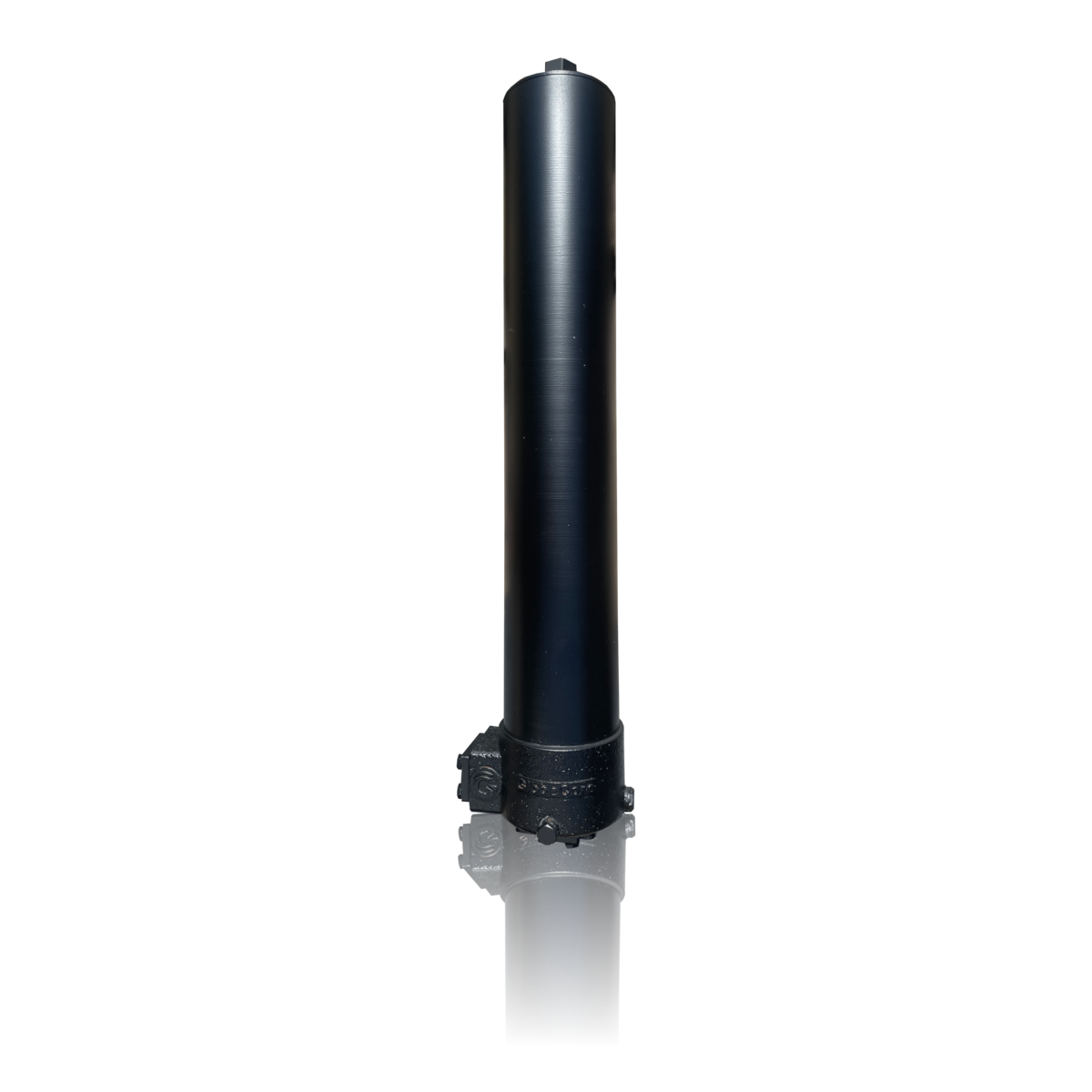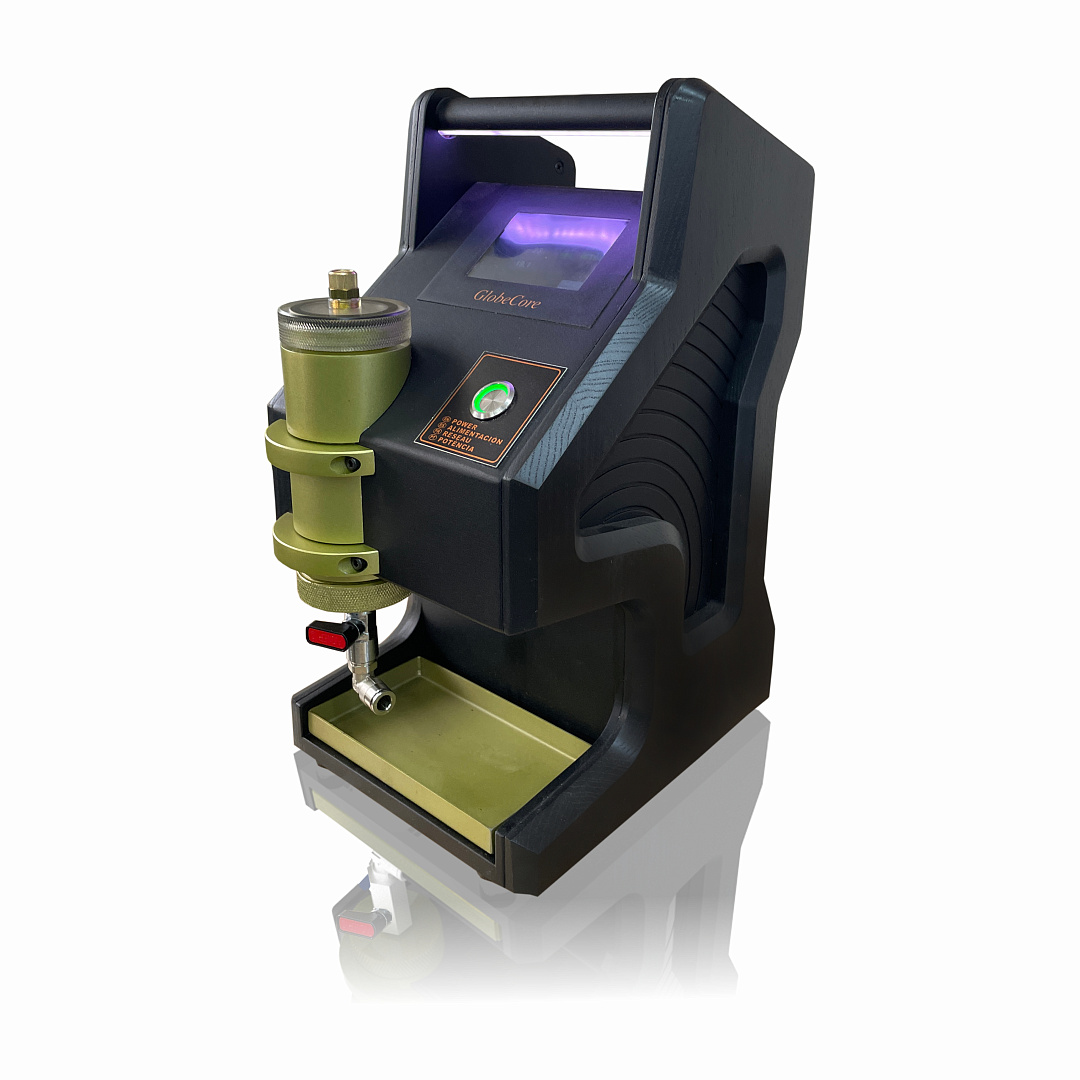Diesel purification
How does Diesel Fuel Purification Systems Maintenance ensure consistent fuel quality?
- This topic has 1 reply, 2 voices, and was last updated 1 year, 4 months ago by .
Answers
-
October 5, 2024 at 3:56 am by Plinio Arcos
Diesel Fuel Purification Systems Maintenance ensures consistent fuel quality by regularly inspecting, cleaning, and replacing key components to maintain optimal filtration and purification performance. Routine Filter Replacement prevents clogging and ensures that filters can effectively capture contaminants, maintaining high purification efficiency. Cleaning and Servicing Separation Units such as centrifugal or vacuum separators removes accumulated contaminants, preventing degradation of purification capabilities. Calibrating Sensors and Control Systems ensures accurate monitoring of fuel quality parameters, enabling precise adjustments to purification processes based on real-time data. Inspecting and Lubricating Pumps maintains efficient fuel circulation, preventing wear and maintaining consistent flow rates. Checking and Replacing Seals and Gaskets prevents leaks and contamination ingress, ensuring system integrity. Monitoring Pressure Drops across filtration stages helps identify when maintenance is needed, avoiding overloading filters and maintaining steady purification performance. Maintaining System Cleanliness around purification components reduces the risk of introducing new contaminants. Additionally, recording maintenance activities and fuel quality results helps track system performance trends and anticipate future maintenance needs. By adhering to a comprehensive maintenance schedule, Diesel Fuel Purification Systems consistently deliver clean, contaminant-free fuel, protecting engine components and ensuring reliable, efficient operation.



